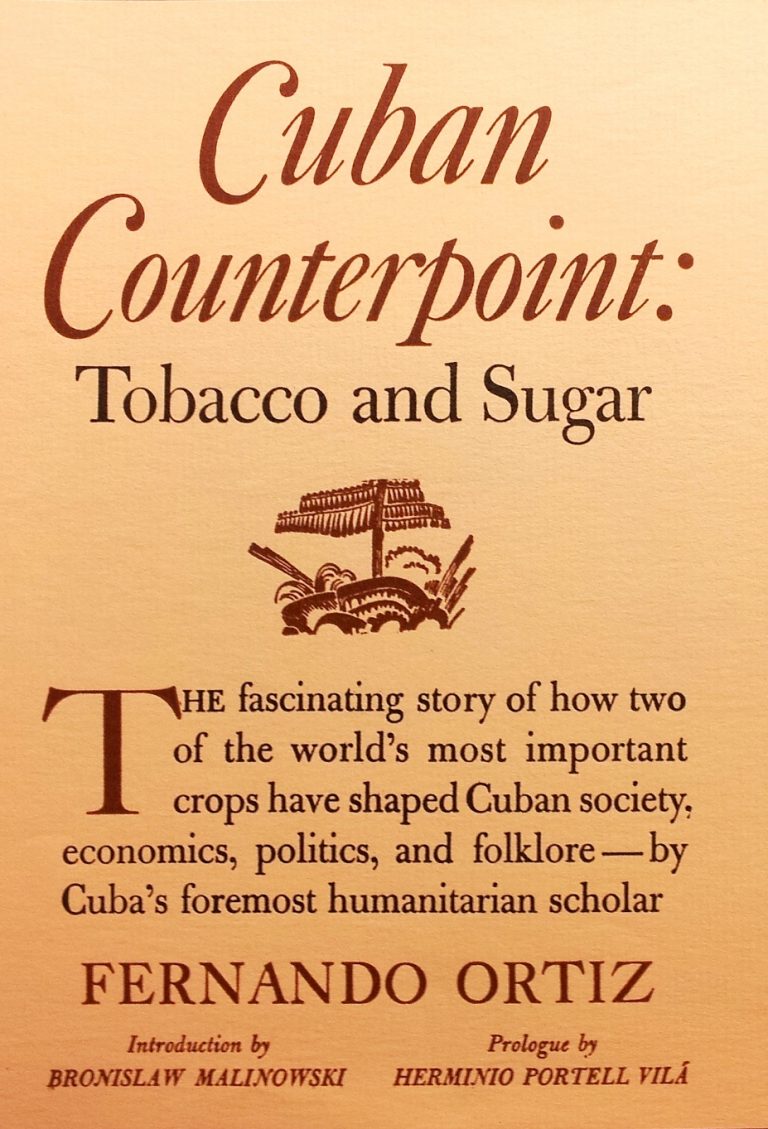Tradução de Guilherme Mazzafera S. Vilhena Em dezembro de 1948, o New York Times publicou um artigo sobre a tradutora Harriet de Onís intitulado “Sra. De Onís põe o saber latino-americano em livro, mas o sabor latino invade sua cozinha” [“Mrs. De Onís puts Latins’ Lore in Book, but Their… read more
Gulosa por livros
Filed Under: Research + Teaching Tagged With: Alfred A. Knopf Inc., Fellowships, Harriet de Onís, literature


![Alfred A. Knopf (American, 1892–1984), Harriet de Onis and [João] Guimarães Rosa, 1966. Gelatin silver print, 12.8 x 8.8 cm. Alfred A. Knopf literary files, 6.76](https://sites.utexas.edu/ransomcentermagazine/files/2017/11/Harriet-featured.jpg)
